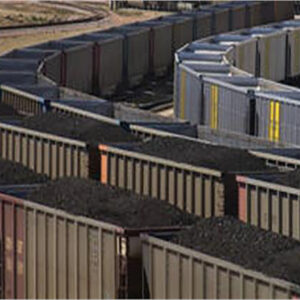Australian coal miner Whitehaven is forecasting higher metallurgical coal prices over the near and long term, citing production constraints of hard coking coal from Australian producers, combined with increased seaborne demand from India.
The miner, which bolstered its output with the recent acquisition of the Daunia and Blackwater metallurgical coal mines from the BHP-Mitsubishi Alliance (BMA), expects its portfolio to benefit from supply-constrained market dynamics.
CEO Paul Flynn said on Friday that the benefits of increased exposure to the supply-constrained metallurgical coal market were already showing.
The group noted that recent disruptions in steelmaking coal would add to the increasing volatility of the market prices. Anglo American, at the end of June, suspended production at its Grosvenor metallurgical coal mine following an underground fire.
Whitehaven’s run-of-mine (RoM) production more than doubled in the June quarter, from 4.4-million tonnes in the March quarter, to 9.7-million tonnes. The newly acquired Daunia and Blackwater mines, in Queensland, delivered 4.8-million tonnes in the quarter.
The Queenland operations’ saleable coal production was four-million tonnes and sales came to 3.2-million tonnes. Whitehaven noted that sales were impacted by rail logistics delays in April and May at Daunia, as the rail provider took longer-than-expected to transfer assigned rail paths from BMA to Whitehaven.
At the New South Wales mines, managed RoM production was 4.9-million tonnes for the quarter, and 19.7-million tonnes for the full year, which was within the guidance of 18.7-million to 20.7-million tonnes.
Group-managed RoM production increased to 24.5-million tonnes for the 12 months under review.
Whitehaven also expects demand for high calorific-value (CV) thermal coal to remain robust in its emerging and established markets in Asia to fuel high-efficiency, low-emissions power generation. Long-term CV thermal prices would also trend higher, said the company, citing a structural shortfall in seaborne supply as a result of underinvestment in new mines.




